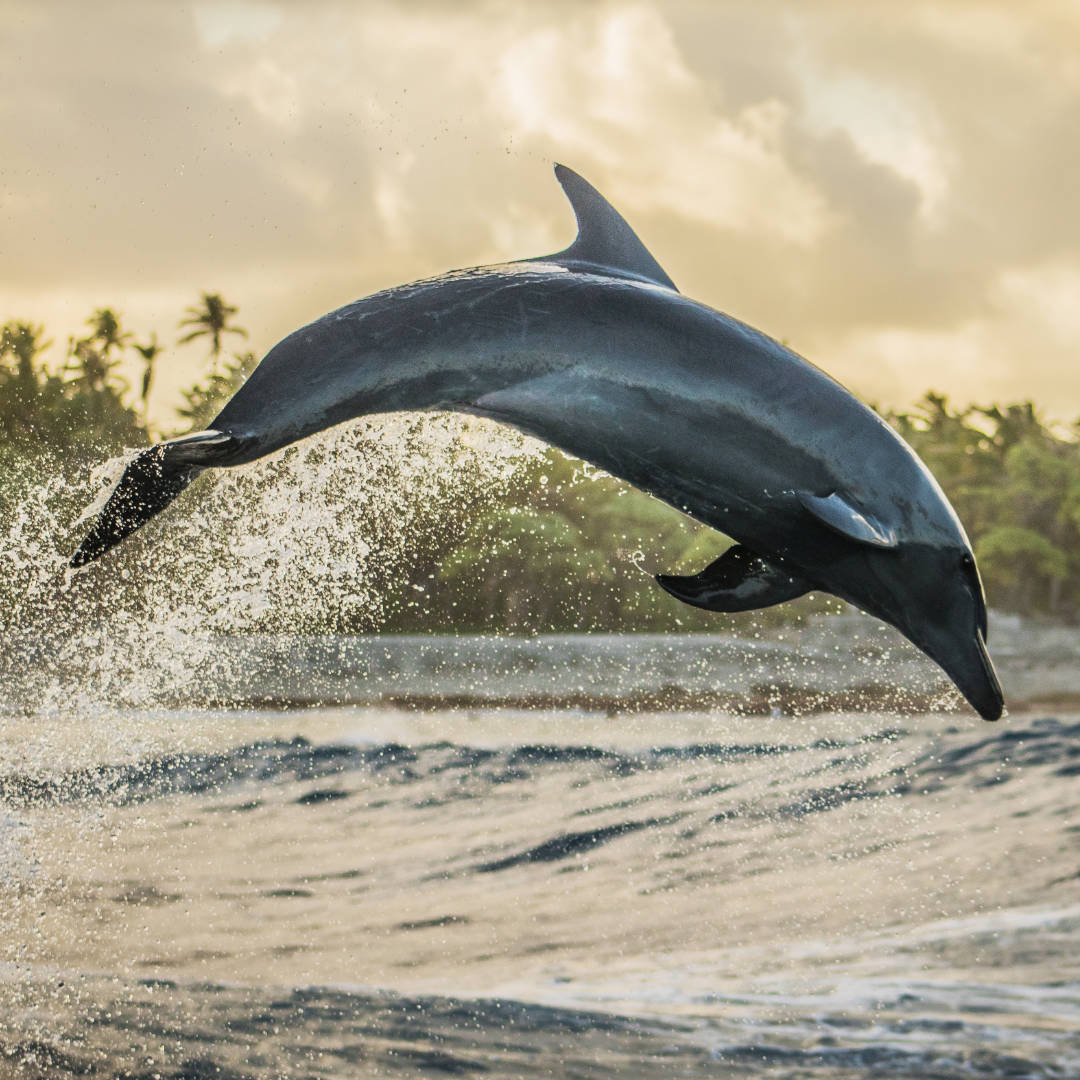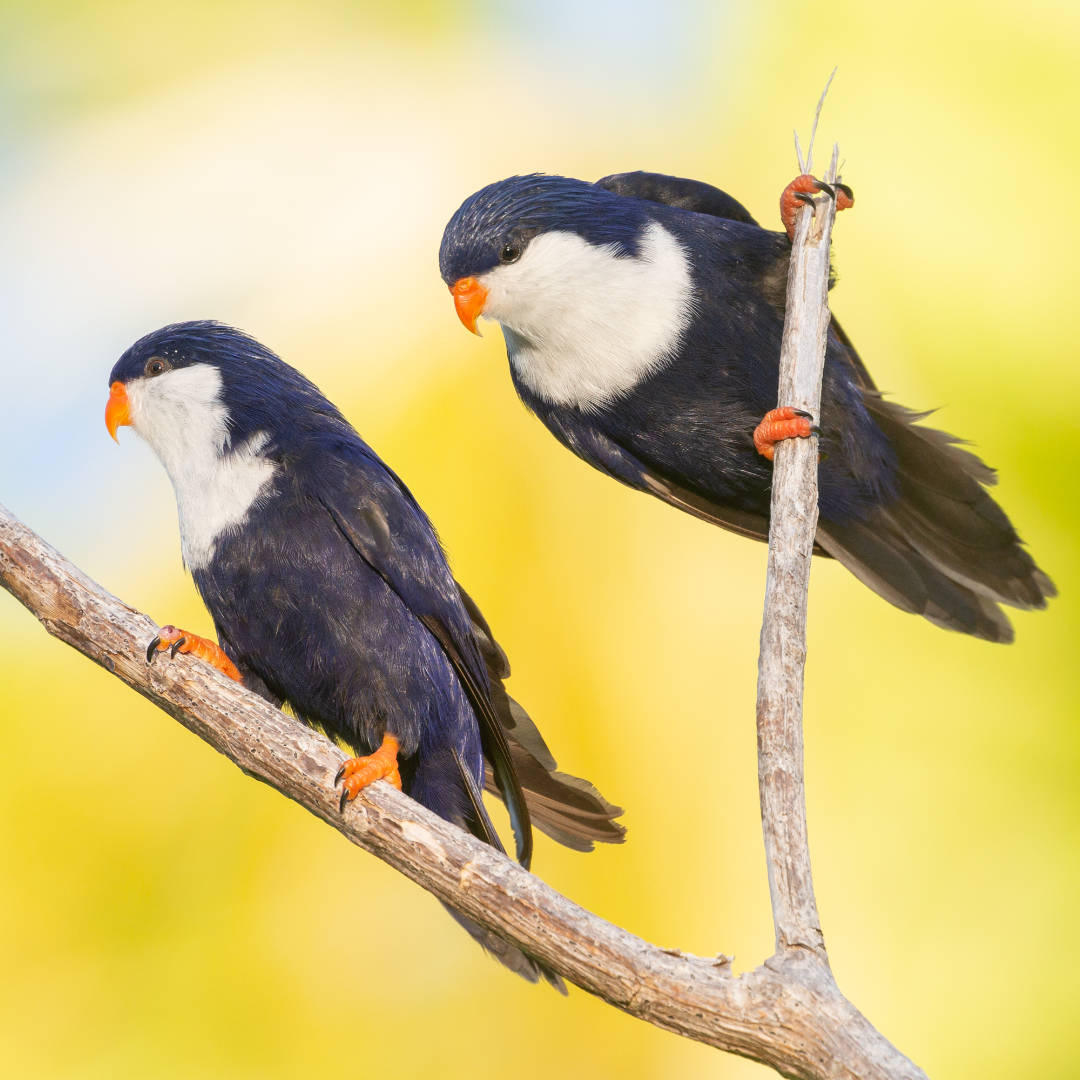written by Manutea Rambaud for the 2022 edition

Portrait from Rangiroa



“Our ancestors taught us that everything takes time, you only take what you need and the rest you leave.”
Originally from Arue, Ruaruhina once heard the echo of her ancestors, urging her to return to tend and carry the lands of Rangiroa with her hands. An awakening that only sought to reveal itself. She speaks to us of culture, identity and the importance of transmitting for future generations. A current generation that is lost in the wheels of modernity. It is thus guided by the stars and the sea that we go to meet this woman with great ambitions to try to open the world and protect the land of our ancestors.
Our culture as well as our knowledge have undergone many prohibitions in the past. Thanks to the resistance fighters, to the detour of the tattoo on the sculpture, to the clandestine practice of languages, the Polynesians have preserved their identity and their know-how. Some ancestral practices still exist, although they have been modernized by our way of life. Indeed, the mode of consumption has changed, whether it is for clothing, building or food, we no longer count and we are less and less aware of our actions.
"When you go to recover the coconut by burning these coconut plantations, these Aihere, there are birds, crabs, endemic plants, centenarians who are there. We no longer respect the living being."
These are uncontrolled fires that can last 3 nights or even 2 weeks. Protecting this fauna and flora is the mantra of Ruaruhina. Protector of this fragile environment and sensitive to the modern evolution of the Polynesian consumer, it is a call to awareness.
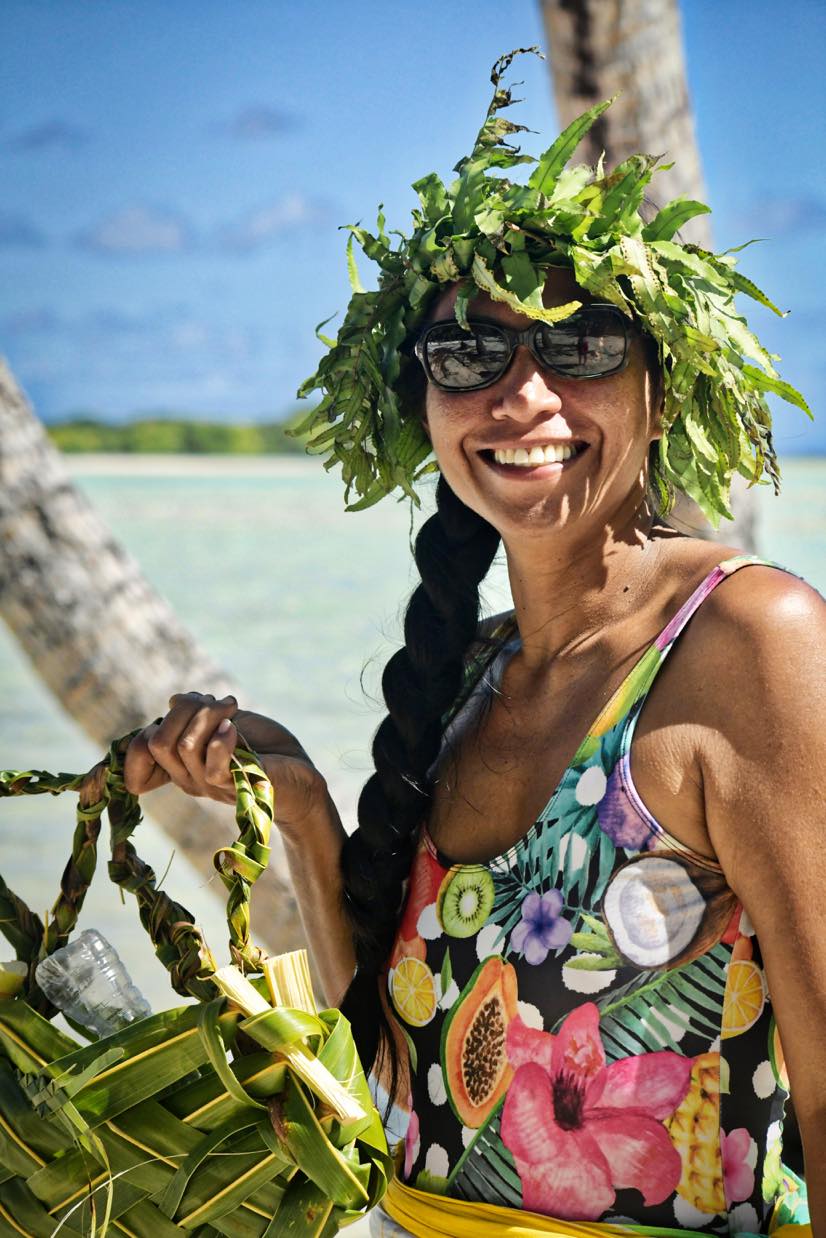
Ruaruhina holds a CAPL in agriculture and lagoon fishing and makes her living from fishing and coprah (coconut harvesting). After many trips to New Zealand, Hawaii, the Marquesas and the Austral Islands, she came back with a project for coconut farming. She wishes to carry out a project for an agro transformation unit in Rangiroa.
"People often say that there is nothing in Rangiroa. But what are they waiting for to bring to this land what is missing? There is a huge potential on our land related to the practices of maintaining this environment."
What makes Ruaruhina a woman with great ambitions is her willingness to change minds by listening to those around her, thus engaging a space for sharing and understanding. Daughter of a family of speakers and in contact with the elders, she wishes to transmit this knowledge to her entourage, to the young people, to the people who want to receive it.
And in spite of a resurgence of the culture since a few years, this one resides on a sensitive string where the young generations are wavering. Indecisive and fragile identity, attached to these values lost by the loss of matahiapo (elders) and the distance of this new generation.
"These young people need to go back to their roots, when the elders knew how to read the stars, navigate the oceans and read the lunar calendar for fishing."
To return to the origins, to draw, to go inside, to find oneself, and to better understand oneself. Ruaruhina brings together the last transmitters to learn and share this knowledge, even to the point of digitizing it, to protect it from certain disappearance.
"When you transmit "knowledge", the word says it all. There is no longer this continual quest to know 'who am I', 'where am I going', to prove something."
And it is with a certain humility that she makes us open our eyes to the obvious: there is not only the family, there is more than that. There is our identity, our culture and our know-how that define us, as living beings in this society.
